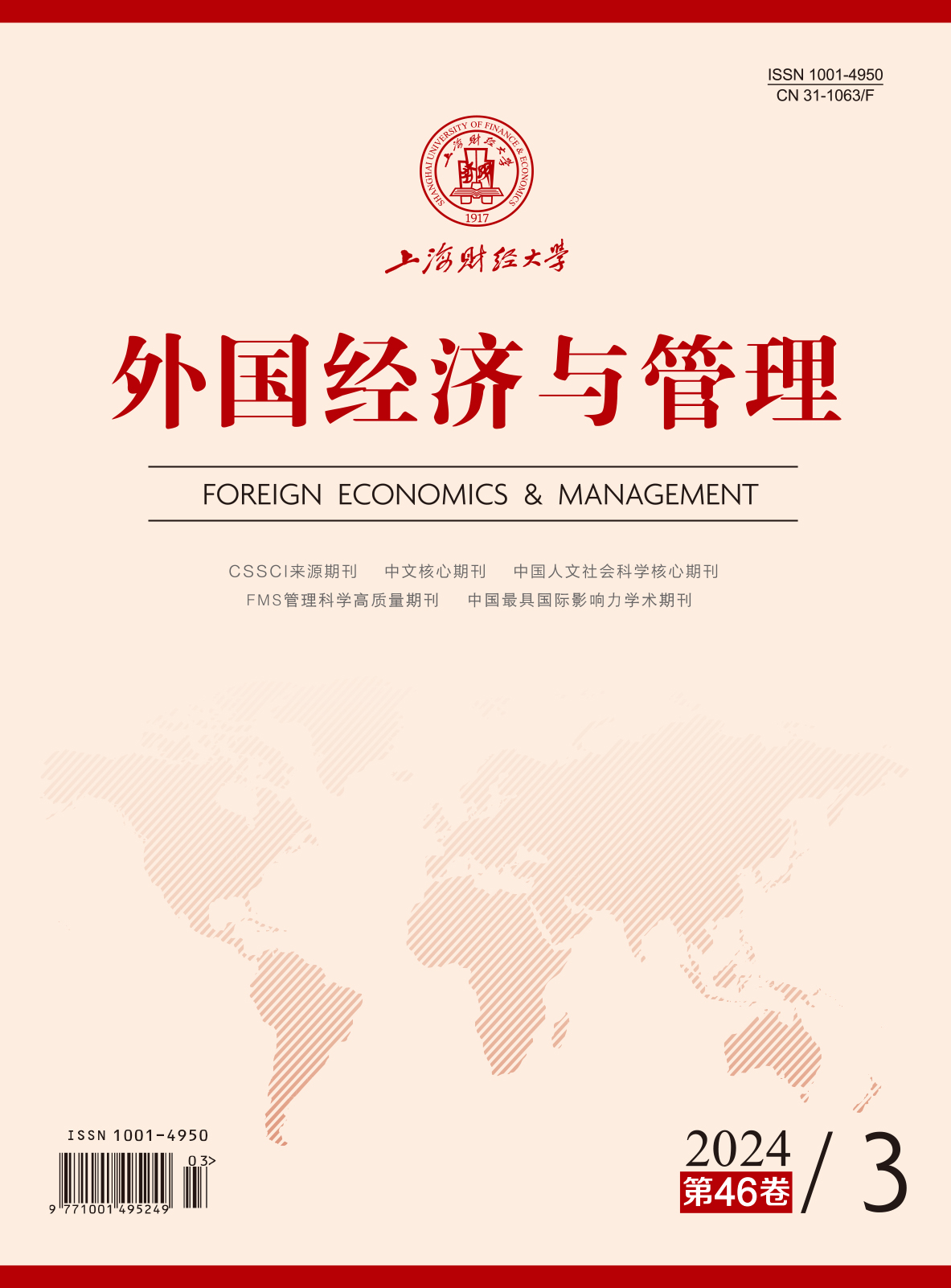The antecedents of family firms’ risk-taking decisions have been the focus of scholarship for a long time. With more and more family members getting involved in business activities, there are different kinship combinations within family firms, which gradually become one important factor that affects family firms’ decision-making processes. In-laws’ involvement can solve some difficulties, such as the scarcity of family venture capital, labor force, and social capital, which is conducive to developing family firms. But it may also increase the probability of family conflicts, which negatively affects family business. However, the question of how in-laws’ involvement affects the risk-taking decisions of family firms is still lacking of attention. Using the data set of China’s listed family firms from 2008 to 2016, this paper explores the impact of in-laws’ involvement on family firms’ risk-taking decisions from the perspective of R&D investment and earnings manipulation. The results show that in-laws taking the role of executives will significantly reduce the R&D investment motivation of family firms, while the earnings manipulation incentive will increase. Transforming in-law executives’ roles of family agents by giving them shares can strengthen their R&D investment motivation and weaken their earnings manipulation incentive. Further analysis shows that different in-law relationships involved in management keep the same cautious attitude towards R&D investment. But they have different risk preferences for short-term oriented speculative decisions, which shows that close in-laws are more motivated to manipulate earnings. Besides, the involvement of the second generation in governance can increase both in-laws’ R&D investment and earnings manipulation motivations. The negative performance feedback of firms can significantly increase in-laws’ R&D investment motivation, but alleviate their earnings manipulation motivation. This paper offers several contributions: First, it takes in-laws’ involvement as the breakthrough point and examines the mechanism of in-laws on family firms’ risk-taking decisions, which opens up a new research perspective for in-depth analysis of the family system. Second, it contributes to a stream of literature on risk-taking decisions by exploring the specific mechanism of long-term orientation and short-term goal balance of family firms. Third, it puts the executive and shareholder roles into the integrated research framework of family agents, and concludes that the identities of in-laws in firms are critical factors that affect the relationship between in-laws’ involvement and firms’ risk-taking preferences, further clarifying the mechanism of family members’ decision-making behavior.
 / Journals / Foreign Economics & Management
/ Journals / Foreign Economics & ManagementForeign Economics & Management
JIN Yuying, Editor-in-Chief
ZhengChunrong, Vice Executive Editor-in-Chief
YinHuifang HeXiaogang LiuJianguo, Vice Editor-in-Chief
The Impact of In-laws’ Involvement on Risk-taking Decisions in Family Firms: R&D Investment or Earnings Manipulation?
Foreign Economics & Management Vol. 46, Issue 03, pp. 69 - 87 (2024) DOI:10.16538/j.cnki.fem.20220914.101
Summary
References
Summary
Cite this article
He Xiaogang, Qi Yangyang, Shu Xin. The Impact of In-laws’ Involvement on Risk-taking Decisions in Family Firms: R&D Investment or Earnings Manipulation?[J]. Foreign Economics & Management, 2024, 46(3): 69-87.
Export Citations as:
For
ISSUE COVER
RELATED ARTICLES




 4320
4320  2652
2652

